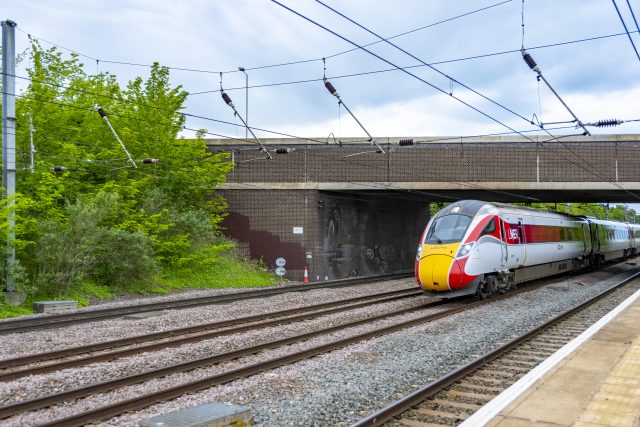Latest train strikes to cost hospitality £350 million
Hospitality businesses have already lost more than £4 billion in sales from rail strikes, according to UKHospitality, with planned industrial action beginning on 30 January set to make traditionally quiet months for the on-trade “even more painful”.

ASLEF rail union has announced another series of strikes affecting train operators between 30 January and 5 February. An overtime ban will also be in place from 29 January to 6 February.
Members will walk out at Southeastern, Southern/Gatwick Express, GTR Thameslink, South Western Railway main line and depot drivers, and SWR Island Line on Tuesday 30 January; at Northern Trains and TransPennine Trains on Wednesday 31 January; at C2C, Greater Anglia, and LNER on Friday 2 February; at Avanti West Coast, East Midlands Railway, and West Midlands Trains on Saturday 3 February, and at Chiltern, CrossCountry, and GWR on Monday 5 February.
ASLEF continues to organise strikes as part of a dispute between train companies and the UK Government with train drivers, who have now not had a pay rise since April 2019.
The union, of which 96% of the train drivers in England, Scotland, and Wales are members, has called 14 one-day strikes during the ongoing 20-month dispute.
Partner Content
Trade body UKHospitality has estimated that these strikes have cost the UK on-trade £4bn in lost sales and booking cancellations. Chief executive Kate Nicholls has urged “all parties involved to urgently reach an agreement and resolve this dispute”, at the risk of another £350 million in losses for hospitality venues.
“January and February are already two of the quieter months of the year for venues and this disruption will make it even more painful,” she said. “Ongoing strike action hurts businesses, prevents people from getting to work and significantly erodes confidence in the rail network.”
In a statement shared with the drinks business, ASLEF general secretary Mick Whelan said: “We have given the government every opportunity to come to the table but it is now a year since we had any contact from the Department for Transport. It’s clear they do not want to resolve this dispute.”
Whelan said there was “no excuse for all this nonsense”.
He added: “Having seen, since this dispute started in June 2022, the resolve of our members, and the support train drivers enjoy among our passengers and the public, the Tories have now tried their old trick of changing the rules. When they couldn’t bully us into backing down they brought in Minimum Service Levels – designed, effectively, to ban strikes by making them ineffective – but this new law won’t ease industrial strife. It will just make it worse.”
Related news




